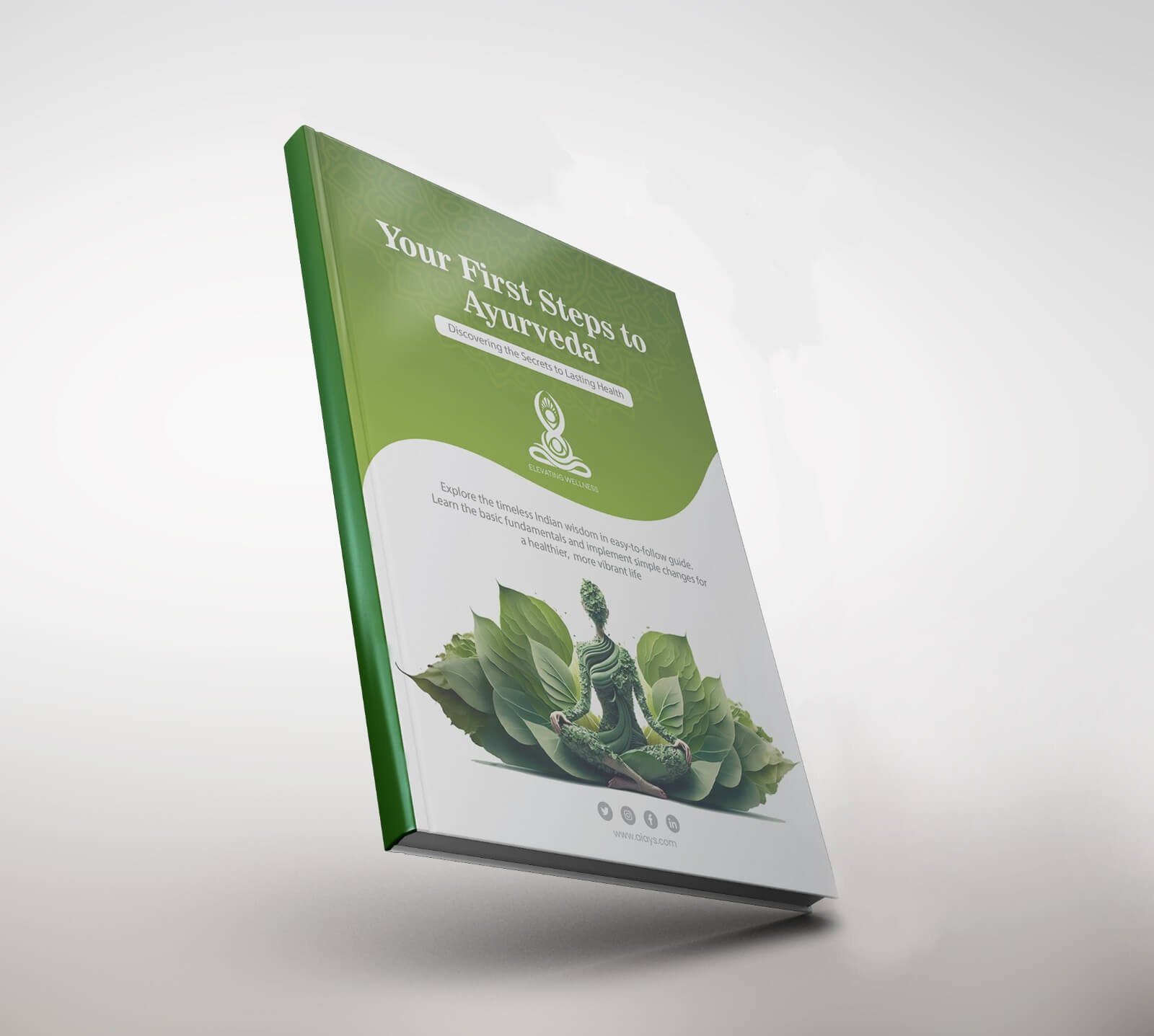Symptoms & Illnesses
Mental Exhaustion
Overview -Mental Exhaustion
Mental exhaustion can manifest in various forms, each affecting different aspects of an individual’s mental and physical health. Here are some common types:
- Cognitive Fatigue: Difficulty in concentrating, thinking clearly, and decision-making.
- Emotional Exhaustion: Feeling overwhelmed, detached, or apathetic.
- Physical Exhaustion: Experiencing physical symptoms like headaches, muscle tension, and sleep disturbances due to prolonged mental strain.
- Social Exhaustion: Feeling drained by social interactions and preferring isolation.
- Occupational Burnout: Chronic workplace stress leading to feelings of inefficacy and cynicism about work.
- Compassion Fatigue: Emotional strain from dealing with the suffering of others, common in caregivers and healthcare professionals.
- Sensory Overload: Being overwhelmed by excessive sensory input, such as noise, lights, or information.
Effects of Mental Exhaustion on Life
Mental exhaustion can significantly impact various aspects of life:
- Work Performance: Reduced productivity, increased errors, and lack of motivation.
- Physical Health: Increased risk of illnesses, chronic fatigue, and lowered immune function.
- Emotional Well-being: Heightened anxiety, depression, and mood swings.
- Relationships: Strained interactions, lack of communication, and increased conflicts.
- Daily Functioning: Difficulty in managing daily tasks and responsibilities.
Ayurvedic Remedies for Mental Exhaustion
Ayurveda, the traditional Indian system of medicine, offers various remedies to address mental exhaustion:
-
Herbal Remedies:
- Ashwagandha: Known for its adaptogenic properties, helps reduce stress and anxiety.
- Brahmi: Enhances cognitive function and calms the mind.
- Shankhpushpi: Improves memory and reduces mental fatigue.
- Jatamansi: Acts as a natural nervine tonic and helps in managing stress.
-
Dietary Recommendations:
- Balanced Diet: Incorporate fresh fruits, vegetables, whole grains, nuts, and seeds.
- Hydration: Drink plenty of water and herbal teas.
- Avoid Stimulants: Limit caffeine and sugar intake.
-
Lifestyle Practices:
- Meditation and Yoga: Practices like pranayama (breathing exercises), meditation, and yoga asanas (postures) help in calming the mind and enhancing mental clarity.
- Adequate Sleep: Ensure 7-8 hours of restful sleep to rejuvenate the mind.
- Daily Routine (Dinacharya): Follow a consistent daily routine to maintain balance and reduce stress.
-
Panchakarma Therapy:
- A series of Ayurvedic detoxification treatments that help cleanse the body and mind, promoting overall well-being.
-
Oil Massages (Abhyanga):
- Regular oil massages with calming oils like sesame or coconut oil help in reducing physical tension and mental stress.
-
Mental and Emotional Support:
- Engage in activities that bring joy and relaxation, such as hobbies, spending time in nature, and connecting with loved ones.
Mental exhaustion can severely impact one’s quality of life, but understanding its types and effects can help in addressing it effectively.
We Encourage you arranging an appointment with an esteemed specialist for further insight and personalised guidance.
Please click on the link provided below to schedule a consultation with our expert.
Our Gut Specialists

Dr. Vivek Brijbahal Singh
BAMS, M.D. Rachna Sharir, Advanced PGD in Clinical Research

Dr. Supriya Kurane
BAMS, M.S. Surgery



